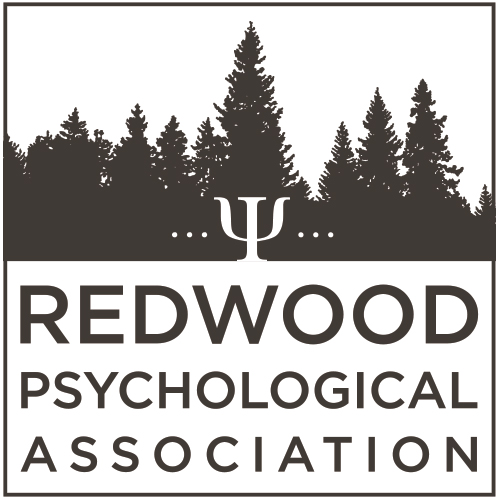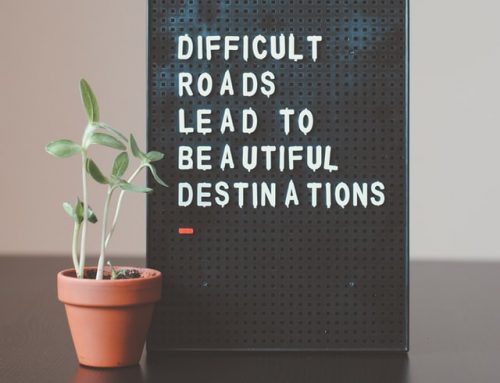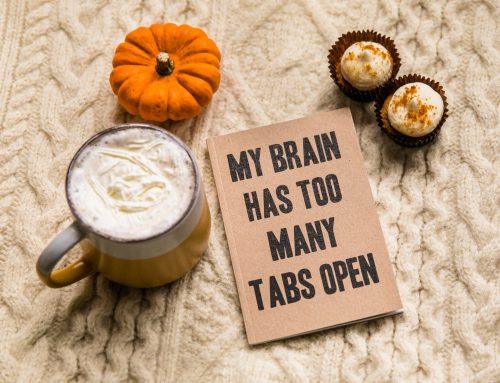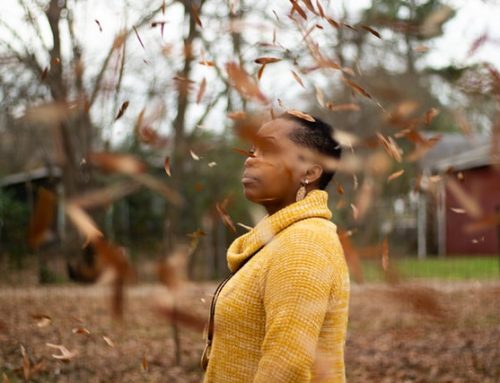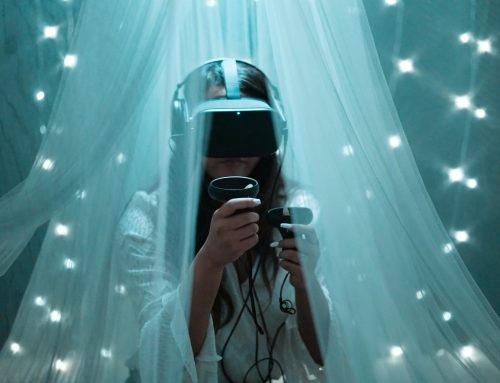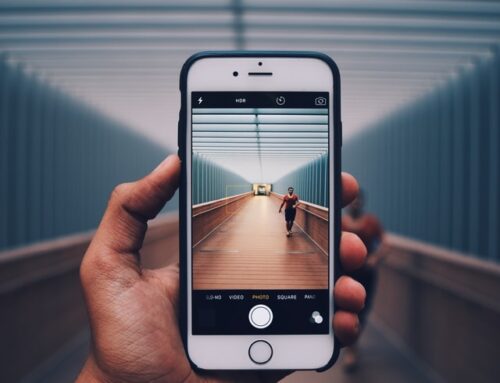By Dani Blum
Mental health professionals are going viral on the app, captivating an anxious generation.
“Now this looks like a job for me,” licensed doctoral therapist Courtney Tracy mimes along to an Eminem track through crimson lipstick, responding to the question she’s posed, in black and white text, to her 1.4 million TikTok followers: “Do you have: Anxiety, Addiction, Childhood trauma, Mood swings, Borderline, Depression.” The clip has been viewed nearly 400,000 times in the three weeks since she posted it on her account @the.truth.doctor, a fairly standard amount of traffic for her pop-culture-saturated musings on topics ranging from trauma anxiety to signs of emotional abuse.
Welcome to therapy TikTok, where a steady stream of mental health professionals are trying to meet an anxious generation of young people where they are on social media. Gone are the soft-voiced analysts perched beside tissue boxes and a couch. These shrinks hit a milly rock while listing signs of unhealthy boundaries, demonstrate an anxiety relief technique to a trending Saweetie rap and wiggle their hips while explaining symptoms of dissociation. They dance their way through posts, propelled by the mysterious curatorial algorithm that guides the video app’s 100 million monthly active U.S. users. Limited to 60 seconds, these videos strain to offer context or elaborate, instead offering easy digestible answers to big questions: “What is intergenerational trauma?” “What are healthy ways to express rage?”
Mental health content has flourished on the app during a year when “everyone’s been high-functioning depressed,” said Micheline Maalouf, a licensed therapist in Orlando who has 1 million followers under the username @mashmushe. And while therapists have gained popularity on Instagram and YouTube in the past, TikTok offers a more immediate sense of intimacy. “People are posting in their pajamas,” she said. “It’s a different connection.”
Shani Tran, a licensed clinical counselor in Minneapolis, created her account @theshaniproject in January 2020 to post videos of herself dancing. She had a small following at first — 18 likes for a post of her shimmying in her kitchen, 800 views for sliding around the floor in a blazer to a Chris Brown song. Then she started posting about therapy. Tran was visiting her in-laws in Wisconsin, helping her 3- and 6-year-old daughters get dressed, when her phone wouldn’t stop pinging. A video she’d made about what it’s like to have a Black therapist had gone viral. “Can you be my therapist?” commenters asked. “Do you do virtual sessions?” “The notifications just kept coming,” Tran said. “I remember feeling a little overwhelmed.”
While an influx of followers can be confusing for therapists who are just looking to let off a little steam online, some view it as an opportunity to expand their client base. Marquis Norton, a licensed professional counselor in Hampton Roads, Va., posts under the TikTok account @drnortontherapy. (His bio reads: “CEO of therapy.”) He started his account in February, after a friend who’s a psychiatric nurse practitioner had also begun posting on TikTok. By summer, Norton had 100,000 followers. “That’s when I said I’m a content creator now,” he said. “I’m an influencer.” He has since hired a team of two interns to help manage his social media accounts, which he thinks of as marketing for his private practice. Like other therapists interviewed for this piece, demand has spiked for his services since he started going viral. He only just started taking new patients again, after working with other counselors to address his full outpatient practice and long wait list.
